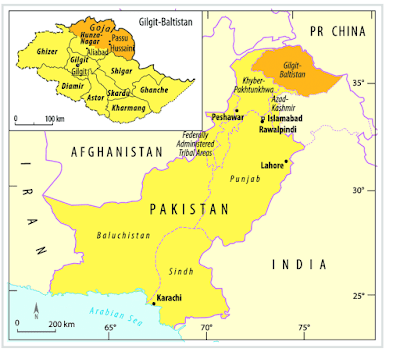Our Preferences behind the facade of Objectivity
Our Preferences behind the facade of Objectivity
When progressives,socialists and left-wing political parties were critical of undemocratic forces for their intervention in Politics, the proponents of PTI painted it anti-state. When there was a raucous debate about the extension of COAS in the country. The supporters of PTI obfuscated the whole scenario saying "mulk kay azeem tar mafad mein extension deni chahae "
When people would voice the forced , unlawful Balouch disappearances and demanded their judicial trial.PTI friends would assume " begair reason kay nahi uthatay "
When folks would stand for freedom of press and media, lambasting the abduction of journalists like Mati ul Jan. The tigers of PTI observed grave silence.
When socialists throughout the country raised slogans to bolster student unions and demanded freedom.PTI friends would mock at them saying" kis say azaadi chahae "And then PTI popped up with Azaadi March"
When PTI marches towards Islamabad, it is a Pakistani march but unfortunately, when other parties do, it is to derail the government by challenging the writ of the state.
Performance of PTI remained in shambles during its tenure rather a political culture of recrimination, blame game and badmouthing opposition benches was opted.PTI would have focused on policy-making as PTI chairman Imran Khan had pledged on containers.
We should have the heart to give room to dissenting views coming from any segment, class or community. We need to stop the selective approach and polity.
PTI should have been allowed to march peacefully and reach Islamabad while exercising its democratic right enshrined in the constitution. State apparatus had not been used. Coercion and violence must not be the last resort. It will result in resentment, chaos and crisis in the country.




Comments
Post a Comment
Ask for further queries.